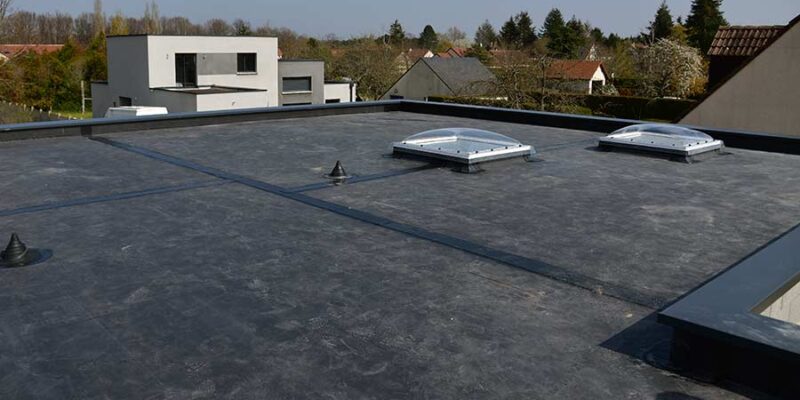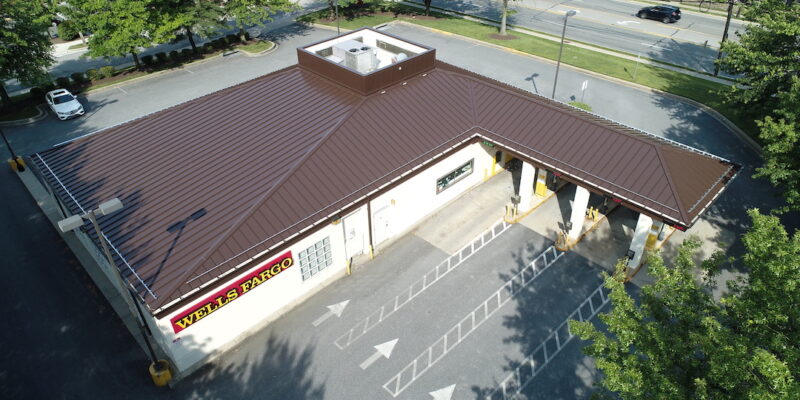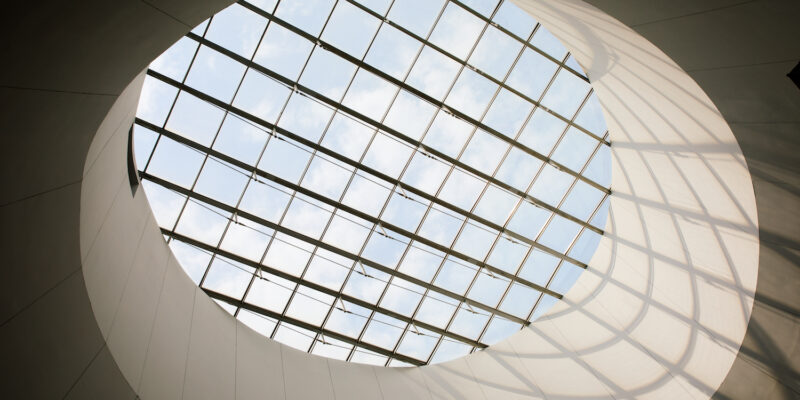Roofing systems can be complicated. The single-ply roof itself isn’t a complicated concept since it’s one ply of roofing membrane typically over insulation and the roof deck. So, why can it be complicated? The attachment method for the membrane can get a bit confusing, especially when adding wind uplift pressures, but there are three popular attachment methods. Adhering the membrane with bonding adhesive, mechanically fastening the membrane with screws, and ballasting the membrane with stone are commonplace in the industry. But which method to use? All methods have pros and cons and are suitable with the appropriate design. This topic can be multiple pages long, but simply put, consider the following:
Adhered membranes are the easiest to maintain, allow for easy leak identification, and spread building pressures throughout the entire roof, but they are the most expensive of the three methods. Mechanically fastened membranes are easy to maintain, and more cost-efficient than adhered, but leak identification can be difficult, and building pressures are isolated to the mechanically fastened field seams. Ballasted membranes are typically the most cost-efficient and fastest to install since all insulations and membranes are loose-laid, but maintenance and leak identification are difficult since everything is covered in stone, there are building height limitations, and ballast weight may be a concern.
Call Cole Roofing today to discuss the appropriate method for your new single-ply roofing system!




